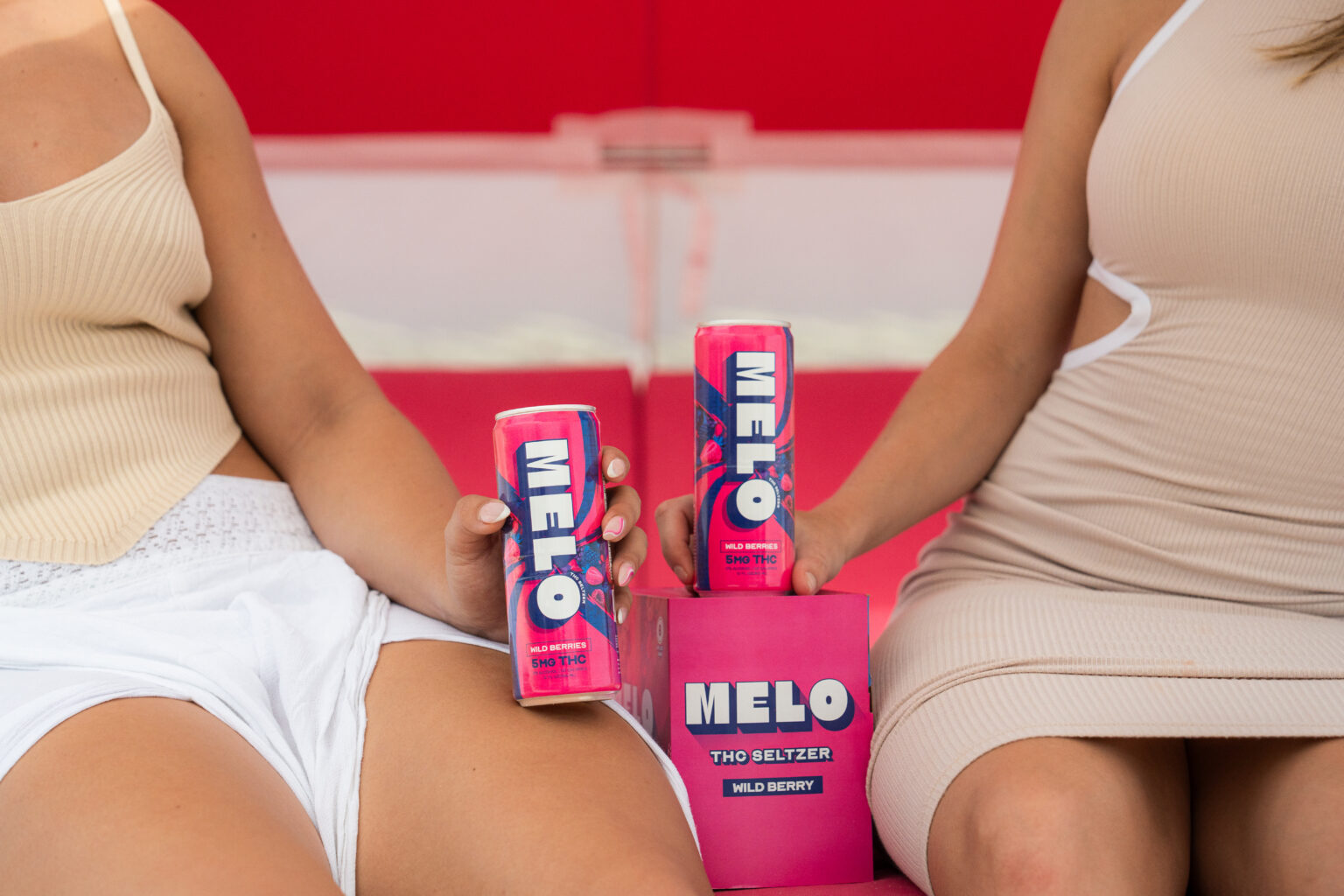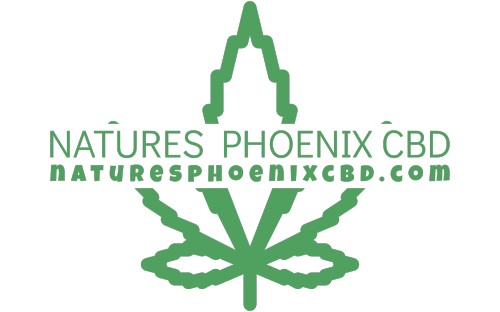Legality and Regulation
The emergence of THC-infused sodas in Illinois has ignited a debate surrounding legality and regulation.
Illinois Cannabis Laws
While cannabis itself is legal for recreational use in Illinois, regulations regarding specific product forms like THC-infused sodas are still evolving. Currently, the Illinois Cannabis Regulation and Tax Act (CRTA) allows for edibles containing THC but does not explicitly address the sale of THC-infused beverages like sodas. This ambiguity has led to varying interpretations and approaches among dispensaries and manufacturers.
The lack of clear guidelines surrounding THC-infused sodas raises several concerns. These include ensuring product potency consistency, preventing accidental consumption by minors, and addressing potential public health risks associated with high doses of THC consumed in a readily palatable form.
Advocates argue that allowing THC-infused sodas would provide consumers with a diverse range of cannabis products and generate additional tax revenue for the state. Conversely, opponents express concerns about increased accessibility to THC, particularly among vulnerable populations, and the potential for overconsumption.
The Illinois Department of Financial and Professional Regulation (IDFPR), which oversees cannabis licensing and regulations, is actively working on developing specific guidelines for THC-infused beverages. These regulations are expected to address issues such as labeling requirements, product testing protocols, and distribution channels.
Thc Soda Regulations in IL
As the market for cannabis products expands in Illinois, the question of regulating THC-infused sodas is gaining traction. While recreational cannabis is legal, the current regulatory framework lacks specific provisions for these beverages.
This ambiguity has led to a patchwork of approaches among dispensaries and manufacturers. Some operate under the assumption that existing edible regulations apply, while others await clearer guidance from the Illinois Department of Financial and Professional Regulation (IDFPR).
The IDFPR recognizes the need for specific regulations for THC-infused beverages. They are developing guidelines to address critical issues such as labeling requirements, potency standards, testing protocols, and distribution channels.
The goal is to ensure consumer safety while fostering responsible innovation in the cannabis beverage sector.
Available Brands and Products
Currently, Illinois dispensaries offer a variety of THC-infused edibles, but the landscape for THC sodas is less defined. While the Cannabis Regulation and Tax Act permits edibles containing THC, it does not specifically address beverages like sodas.
Popular Thc Soda Options
The availability of specific THC soda brands and products in Illinois is currently limited due to the evolving regulatory landscape surrounding cannabis-infused beverages.

While several manufacturers produce THC-infused edibles, the regulations regarding THC-containing beverages are still being developed. Therefore, there are no widely recognized or established brands of THC sodas readily available in Illinois dispensaries.
Flavors and Potency Levels
The availability of specific THC soda brands and products in Illinois is currently limited due to the evolving regulatory landscape surrounding cannabis-infused beverages.
While several manufacturers produce THC-infused edibles, the regulations regarding THC-containing beverages are still being developed. Therefore, there are no widely recognized or established brands of THC sodas readily available in Illinois dispensaries.
Purchasing and Consumption
The introduction of THC-infused sodas to the Illinois market presents a unique challenge for regulators and consumers alike.
Retail Locations
The emerging presence of THC-infused sodas in Illinois highlights a critical juncture in cannabis product regulation. While recreational cannabis is legal, the specific categorization of edibles like THC sodas remains under debate.
The lack of clear guidelines from the Illinois Department of Financial and Professional Regulation (IDFPR) creates uncertainty for both retailers and consumers. Some dispensaries choose to interpret existing edible regulations as applicable, while others await concrete instructions.
This ambiguity makes it difficult to gauge which brands or products may be available in Illinois.
The IDFPR acknowledges the need for specific regulations surrounding THC-infused beverages, working diligently to establish guidelines that address labeling, potency standards, testing protocols, and distribution channels.
Age Restrictions and Identification Requirements
One major concern surrounding THC-infused sodas is age restriction enforcement.
Illinois law prohibits the sale of cannabis products, including edibles like THC-infused sodas, to individuals under the age of 21.
To ensure compliance, dispensaries typically require customers to present a valid photo identification verifying their age.
This identification helps prevent underage access to THC products and aligns with state regulations.
Consumption Guidelines and Safety Tips
The emergence of THC-infused sodas presents both opportunities and challenges for consumers in Illinois. While the legal landscape is evolving, understanding consumption guidelines and safety tips is crucial.
Currently, there are no widely recognized brands of THC sodas specifically available in Illinois dispensaries due to ongoing regulatory developments. However, as the market evolves, consumers may see more options emerge. When THC-infused sodas do become more prevalent, it’s important to start with a low dose and gradually increase it based on individual tolerance.
It’s also crucial to be mindful of potential interactions with other medications or substances. Consumers should always consult with a healthcare professional before using THC products, especially if they have any underlying health conditions.
Remember that consuming too much THC can lead to adverse effects such as anxiety, paranoia, and dizziness.
Storage is also important. Keep THC-infused sodas out of reach of children and pets and store them in a secure location.
Always read product labels carefully and follow the manufacturer’s instructions.
Social and Economic Impacts
The emergence of THC-infused sodas in Illinois has ignited a debate surrounding their legality, regulation, and potential societal impacts. While recreational cannabis use is legal in the state, the sale of these specific products remains in a gray area, leading to uncertainty among both consumers and businesses. This ambiguity raises concerns about product safety, age restrictions, and potential public health risks associated with easily consumable high doses of THC. The lack of clear guidelines also creates economic uncertainty, impacting potential revenue streams and consumer choices within the burgeoning cannabis industry.
Impact on the Cannabis Industry
The introduction of THC-infused sodas in Illinois presents both opportunities and challenges for the state’s economy.

Proponents argue that legalizing and regulating these beverages would generate substantial tax revenue for Illinois, mirroring the success seen with other cannabis products. This revenue could be directed towards various public services, infrastructure projects, or social programs.
Additionally, a thriving market for THC-infused sodas could create new jobs in manufacturing, distribution, retail, and ancillary businesses such as packaging and marketing.
However, there are also potential downsides to consider. Strict regulations are crucial to mitigate public health risks associated with high doses of THC consumed in a readily palatable form. Unregulated access could lead to overconsumption, especially among vulnerable populations.
Furthermore, the social impacts of widespread THC-infused soda availability need careful consideration. Concerns exist regarding potential addiction, impaired driving, and negative consequences on workplace productivity.
Careful monitoring and evaluation of the market’s impact on public health, safety, and societal well-being will be essential for policymakers in Illinois.
Potential Health Concerns and Benefits
The emergence of THC-infused sodas in Illinois has sparked debate regarding their potential social and economic impacts. Proponents argue that legalization could generate substantial tax revenue, create jobs, and provide consumers with a diverse range of cannabis products.
However, opponents express concerns about increased accessibility to THC, particularly among vulnerable populations, and the potential for overconsumption leading to public health risks.
One major concern is age restriction enforcement. Illinois law prohibits the sale of cannabis products, including edibles like THC-infused sodas, to individuals under 21. This requires dispensaries to verify customer ages with valid photo identification.
Another potential health concern is the risk of accidental consumption by children due to their appealing nature. Clear labeling and secure storage are crucial to mitigate this risk.
Moreover, high doses of THC consumed in a readily palatable form like soda could lead to adverse effects such as anxiety, paranoia, and dizziness. Starting with low doses and gradually increasing them based on individual tolerance is essential.
The economic impacts are complex. Legalization and regulation could stimulate job growth in manufacturing, distribution, and retail sectors. It could also generate tax revenue for the state.
However, there are potential downsides, such as increased healthcare costs associated with THC-related health issues and the possible social costs of addiction or impaired driving.
Tax Revenue and Economic Growth
The emergence of THC-infused sodas in Illinois presents a complex interplay of social and economic factors.
On one hand, proponents argue that legalization could generate substantial tax revenue for the state, mirroring the success seen with other cannabis products. This revenue could be directed towards various public services, infrastructure projects, or social programs. Furthermore, a thriving market for THC-infused sodas could create new jobs in manufacturing, distribution, retail, and ancillary businesses such as packaging and marketing.
However, opponents express concerns about increased accessibility to THC, particularly among vulnerable populations, and the potential for overconsumption leading to public health risks. Unregulated access could lead to negative consequences such as addiction, impaired driving, and workplace productivity issues.
The social impacts of widespread THC-infused soda availability need careful consideration. Concerns exist regarding potential addiction, impaired driving, and negative consequences on workplace productivity. Careful monitoring and evaluation of the market’s impact on public health, safety, and societal well-being will be essential for policymakers in Illinois.
One significant factor is tax revenue. Legalizing and regulating THC-infused sodas could generate a considerable stream of tax revenue for the state. These taxes could fund various public services, infrastructure projects, or social programs, potentially benefiting the entire Illinois community.
However, the economic growth potential is intertwined with responsible regulation. To maximize benefits and minimize risks, robust regulations are crucial to ensure product safety, prevent underage access, and address potential health concerns associated with high doses of THC consumed in a readily palatable form.
Buy cannabis-infused seltzers for any occasion
Lottie London Aesthetics
My Private Goods
- The Growing Demand For Baby Botox In Kingston Upon Thames Aesthetics - November 13, 2025
- Why Do I Suddenly Have A Turkey Neck? - November 2, 2025
- What Is The Best Procedure For Deep Wrinkles Around The Mouth? - October 30, 2025
